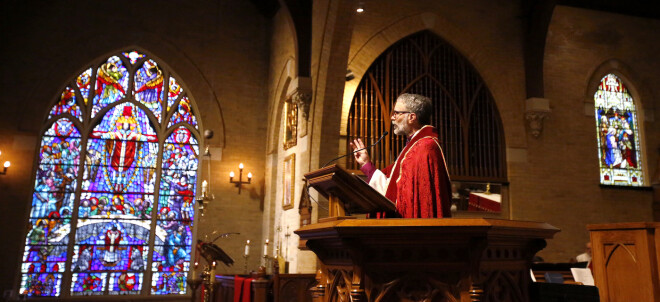Let Go and Let God

The dialogue between the religions is in part about what they share - the love commandment, the experience of wonder, etc. But it is also how they differ over what they share! Muslims and Christians differ over their shared vision of the kingdom of God. Buddhists and Christians differ over their shared interest in contemplation. It is like the English and Americans divided by a shared language according to Churchill.
An example of this is letting go. It is the very heart of the spiritual life - and it is hard! But what do we mean by it? We recognize there are things we need to hold on to tightly - our conscience, our sense of our self, our awareness of God's presence in the world. We may have a rule of life we try to hold on to as a guide. What then are we to let go of? Surely our desire to control our lives or those of others, or our regret and resentment.
But why should we let go? In the midst of what account of the world as a stage are we endeavoring to let go? A Buddhist letting go is consonant with their belief that the self is an illusion and that a pervasive awareness of emptiness as life's goal. And for a Christian? We let go because the risen Jesus is already Lord of my life, and because we seek of God the humility of a disciple. Letting go has ultimately to do with a rehearsal of dying, which in turn has to do with hope and new life. We let go because life is found in the wake of the great letting go of the dying Jesus, and so is conformed to the divine life.
Let go and let God- this saying of AA is half aware of its Christian roots. We need to be fully so that we can see the Gospel dimension in this hope shared with our secular neighbors.
Peace
+GRS




